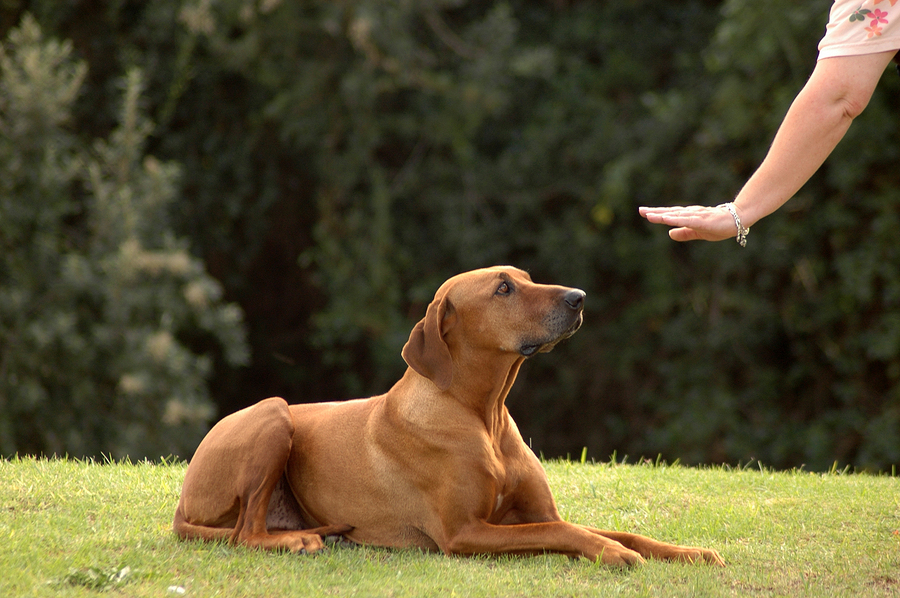Rise by Six: Your Daily Dose of Inspiration
Explore insights and stories that elevate your day.
Training Tails: Tricks to Tame Your Pup
Unlock the secrets to a well-behaved pup with fun training tricks that transform tails into happy waggers! Dive in now!
5 Essential Commands Every Dog Should Know
Training your dog is one of the most rewarding experiences for both you and your furry friend. Establishing a solid foundation of obedience is crucial for a well-behaved pet. Here are 5 essential commands every dog should know to ensure safety and promote positive behavior:
- Sit: This basic command is the foundation of many training exercises. Teaching your dog to sit can help manage excitement during greetings and maintain control in various situations.
- Stay: The stay command is vital for keeping your dog in place. This simple yet powerful command can prevent your dog from running into dangerous situations, like busy streets or crowded areas.
Continuing with our list of 5 essential commands every dog should know, we have:
- Come: This command is crucial for recalling your dog, especially in potentially hazardous situations. A reliable recall can save your dog's life, making it one of the most important commands to master.
- Leave it: Teaching your dog to ignore distractions or potential hazards is essential for their safety. This command helps prevent your pet from picking up harmful items during walks.
- Down: The down command can promote calmness and is useful when you need your dog to settle in various environments. It's an essential command for social settings.

How to Choose the Right Training Method for Your Pup
Choosing the right training method for your pup is essential for effective communication and building a strong bond. Positive reinforcement is widely regarded as the most effective approach, as it encourages good behavior through rewards such as treats, praise, or play. To determine if this method is suitable for your dog, consider their personality and learning style.
- Assess your dog's motivation: Some dogs may respond better to toys or verbal praise, while others might prefer food rewards.
- Evaluate their temperament: A more anxious or timid dog may thrive in a gentle training environment, while a confident pup might enjoy a more energetic approach.
Another factor to consider when selecting a training method is the age and breed of your dog. For instance, puppies are often more receptive to socialization training, which exposes them to various environments, people, and other dogs. On the other hand, older dogs may benefit from refresher courses or training methods that cater to maintaining their existing skills. It's crucial to be patient and flexible, adjusting your training techniques as needed to fit your pup's unique needs and preferences. Remember, consistency and a positive attitude will go a long way in ensuring successful training outcomes.
What Are the Most Common Dog Training Mistakes to Avoid?
When it comes to training your dog, common mistakes can hinder progress and create frustration for both you and your furry friend. One significant mistake is being inconsistent with commands and expectations. For instance, if you sometimes allow your dog to jump on furniture and other times reprimand them, your dog will become confused about what behavior is acceptable. Consistency reinforces learning and builds trust between you and your pet.
Another frequent error is neglecting the importance of positive reinforcement. Many trainers mistakenly rely on punishment rather than rewarding desirable behaviors. This can lead to fear and anxiety in dogs, making it harder for them to learn. Instead, focus on rewarding good behavior with treats, praise, or playtime. By doing so, you not only encourage your dog to repeat these actions but also strengthen the bond you share.